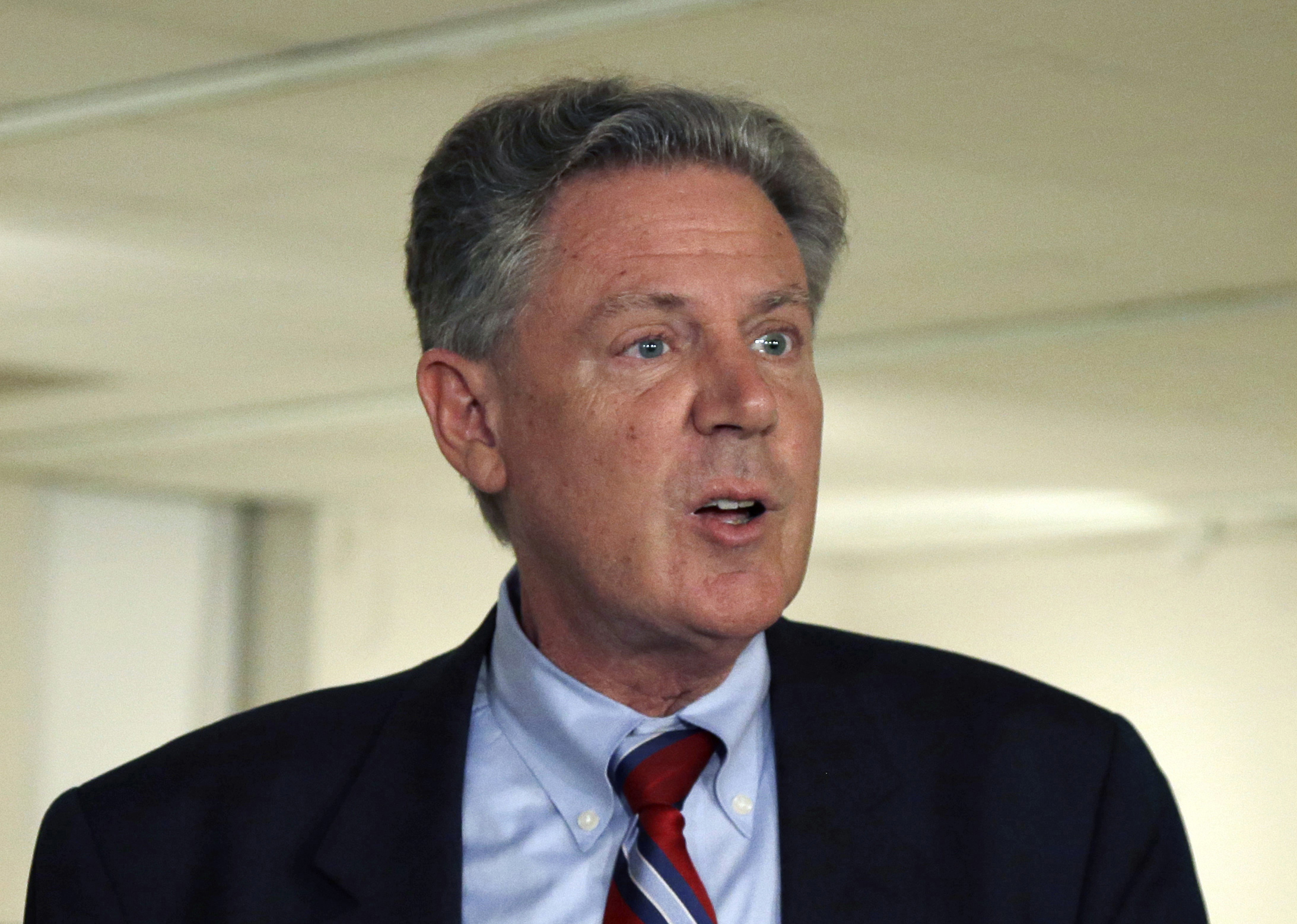Editor’s note: Correction and update April 11. See note at end of the story.
Leaders of a House committee have called on the acting head of the Consumer Product Safety Commission, Ann Marie Buerkle, to disclose her contacts with business groups, citing a “disturbing” report by FairWarning that “suggests you are prioritizing the interests of industry over the safety of consumers.”
The March 29 letter from Frank Pallone, Jr. (D-NJ), chairman of the House Energy and Commerce Committee, and Jan Schakowsky (D-Ill.), who chairs its consumer protection subcommittee, asked Buerkle for copies of all communications with industry or voluntary standards groups regarding the establishment of product safety rules. They also requested information on whether Buerkle has directed CPSC employees to delay work on safety standards or other corrective actions “in a manner inconsistent with the recommendation of career staff.”
“Regulated industries should be taking directions from CPSC, not the other way around,” the lawmakers wrote. Buerkle did not respond to requests for comment. Agency spokeswoman Patty Davis said the letter arrived late Friday and is being reviewed.
The commission was established by Congress in 1972, with a mandate to ”protect the public against unreasonable risks of injuries and death associated with consumer products.” It provides consumer education, monitors recalls and can impose stiff fines against companies failing to report defective products. It can also adopt safety standards to reduce the risk of specific types of products.
The lawmakers focused on Buerkle’s interactions with portable generator manufacturers as they fought a proposed federal standard aimed at preventing deaths and injuries from carbon monoxide poisoning. From 2005 through 2016, carbon monoxide exhaust from portable generators killed 849 people and sickened thousands more, according to CPSC data.
Buerkle had sided with an industry group, the Portable Generator Manufacturers’ Association, in opposing the proposed rule. She pushed instead for the group’s voluntary standard that was approved last spring. By law, the commission must defer to voluntary standards if they are deemed to be effective and widely adhered to by product makers.
Pallone and Schakowsky cited 2017 emails between Buerkle and the head of the generator manufacturers’ group that were disclosed in FairWarning ‘s March 14 report. In one of the emails, Buerkle said she planned to share the draft of a letter other commissioners planned to send to major retailers, urging them to order generator models with added safety features that would soon be available.
“I am going to forward you a letter that Commissioner Robinson wants to send out,” Buerkle told the manufacturers’ group president Greg Wischstadt. “I am attempting to discourage her.” The letter to retailers went out anyway.
In their letter to Buerkle, Pallone and Schakowsky said they were ”concerned that you shared internal work product from another commissioner with industry stakeholders with a note that you are ‘attempting to discourage’ your colleagues from asking a retailer to sell safer products.”
But during questioning April 9 at a House oversight hearing, Buekle said that in the end she did not forward the Robinson-Kaye letter because she did not receive a final copy before the letter was sent out. “No letter was ever provided to PGMA,” she testified.
The FairWarning story described how industry groups represented by lobbyists from Bracewell LLP on several occasions had been successful in scuttling mandatory standards. It also highlighted philosophical differences between Buerkle and some fellow commissioners and consumer groups, who have criticized her as overly obliging to industry.
Buerkle, a former GOP House member from upstate New York, became acting chair of the five-member commission, the CPSC’s decision-making body, almost immediately after President Trump’s inauguration. He nominated her as permanent chairman in July 2017, but she has yet to be confirmed by the Senate and has continued as acting chair.
In response to criticism of her approach, she told FairWarning: “My door is always open. I have weekly calls with consumer groups… I feel like I work for the American people, and whether you are an industry, a consumer group, a publication, you should have access to me.”
Correction: The original version of this story incorrectly stated that in an email to the head of an industry group, Buerkle shared the draft of a letter other commissioners planned to send to retailers. Buerkle’s email actually stated that she was going to forward the letter. Buerkle said that in the end she didn’t forward the letter to the industry group because she didn’t receive a final copy before the letter went out. Questioned about this April 9 at a House oversight hearing, Buerkle said: “No letter was ever provided to PGMA.”



